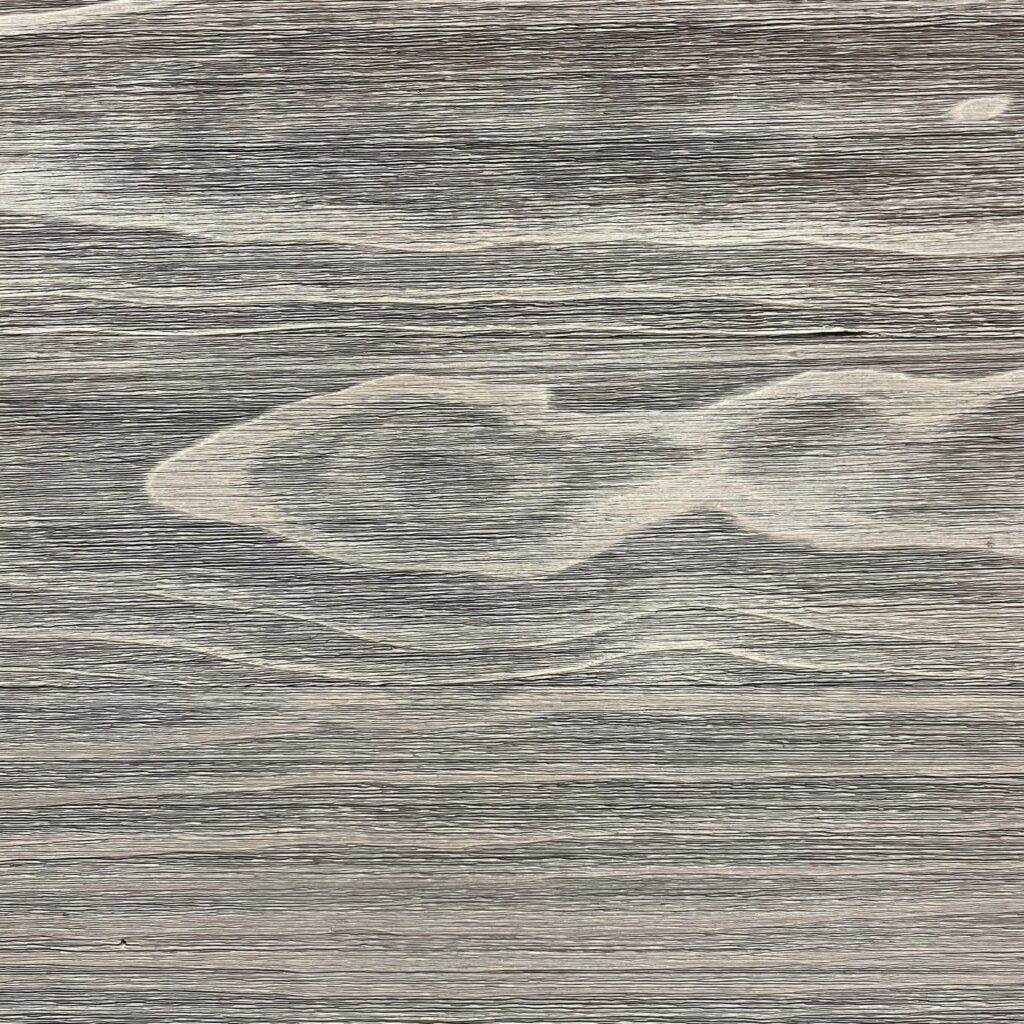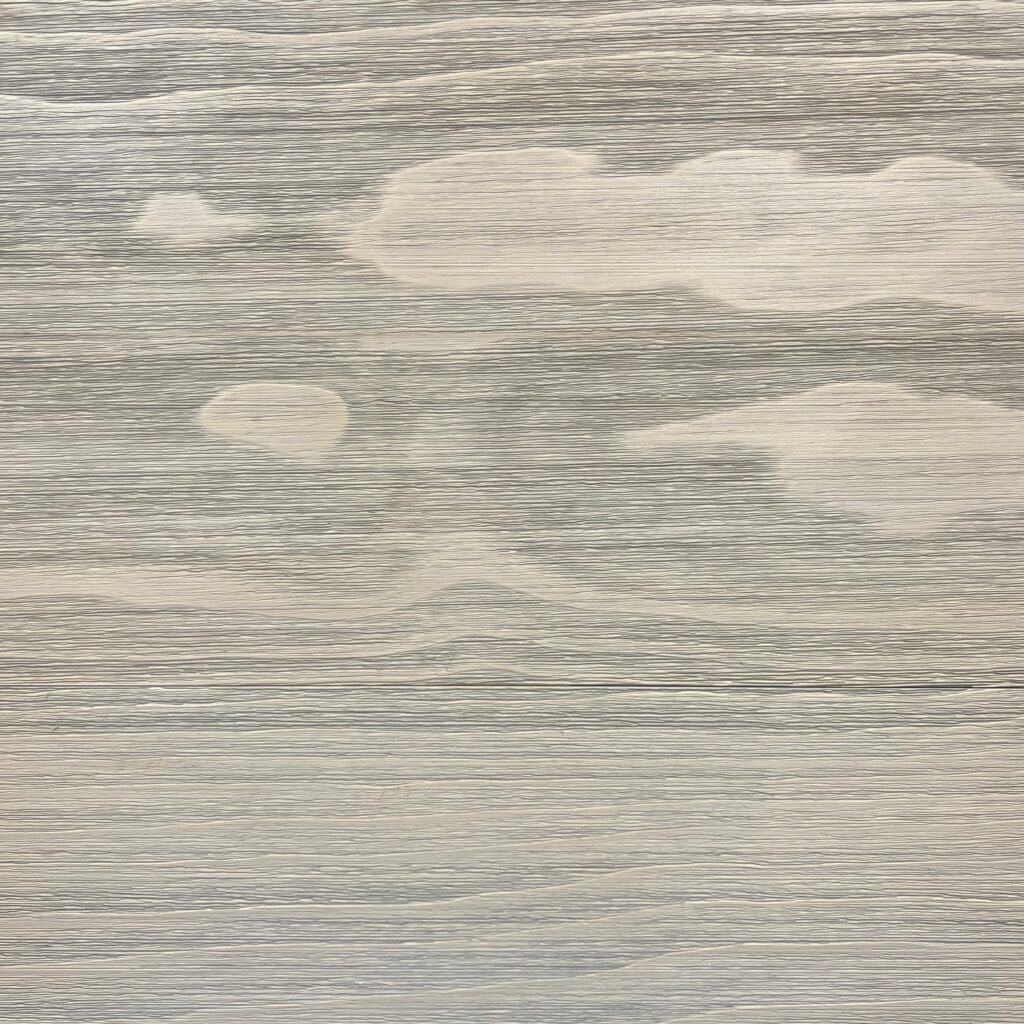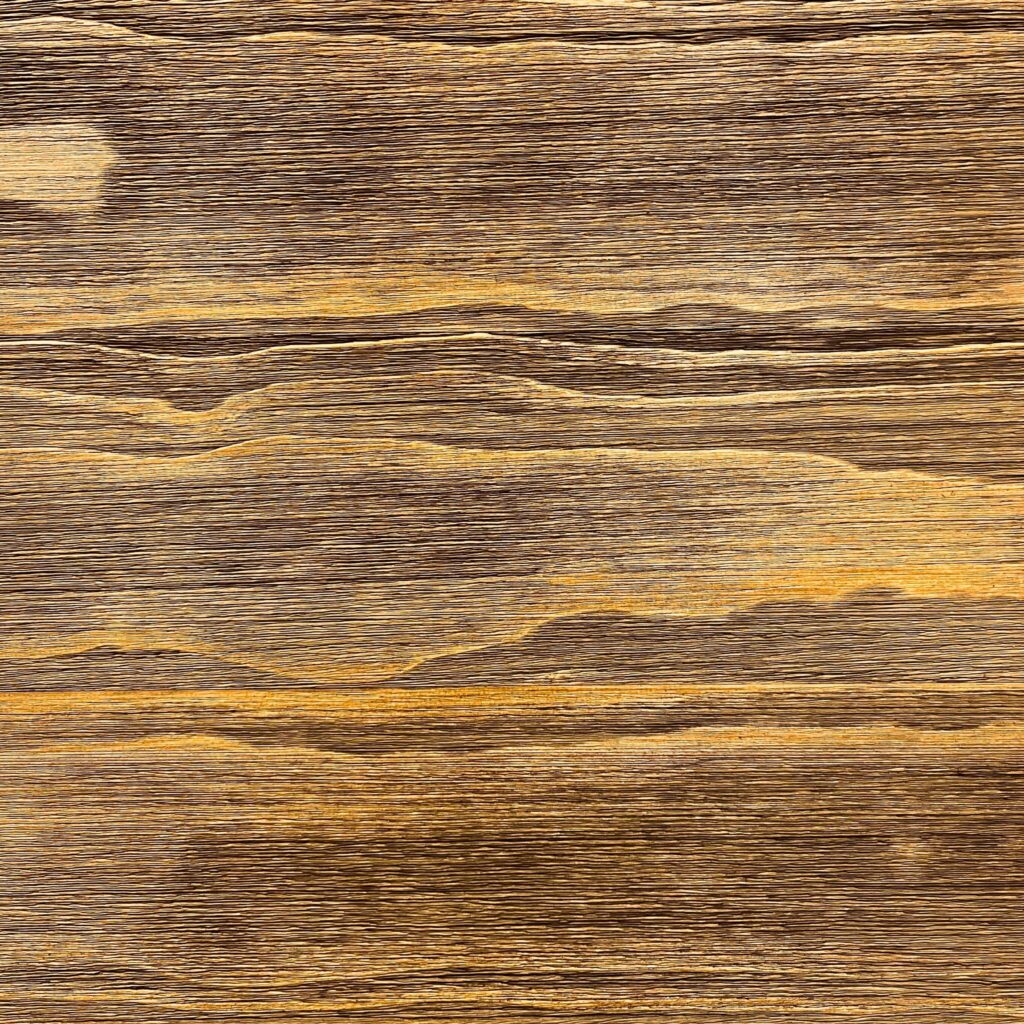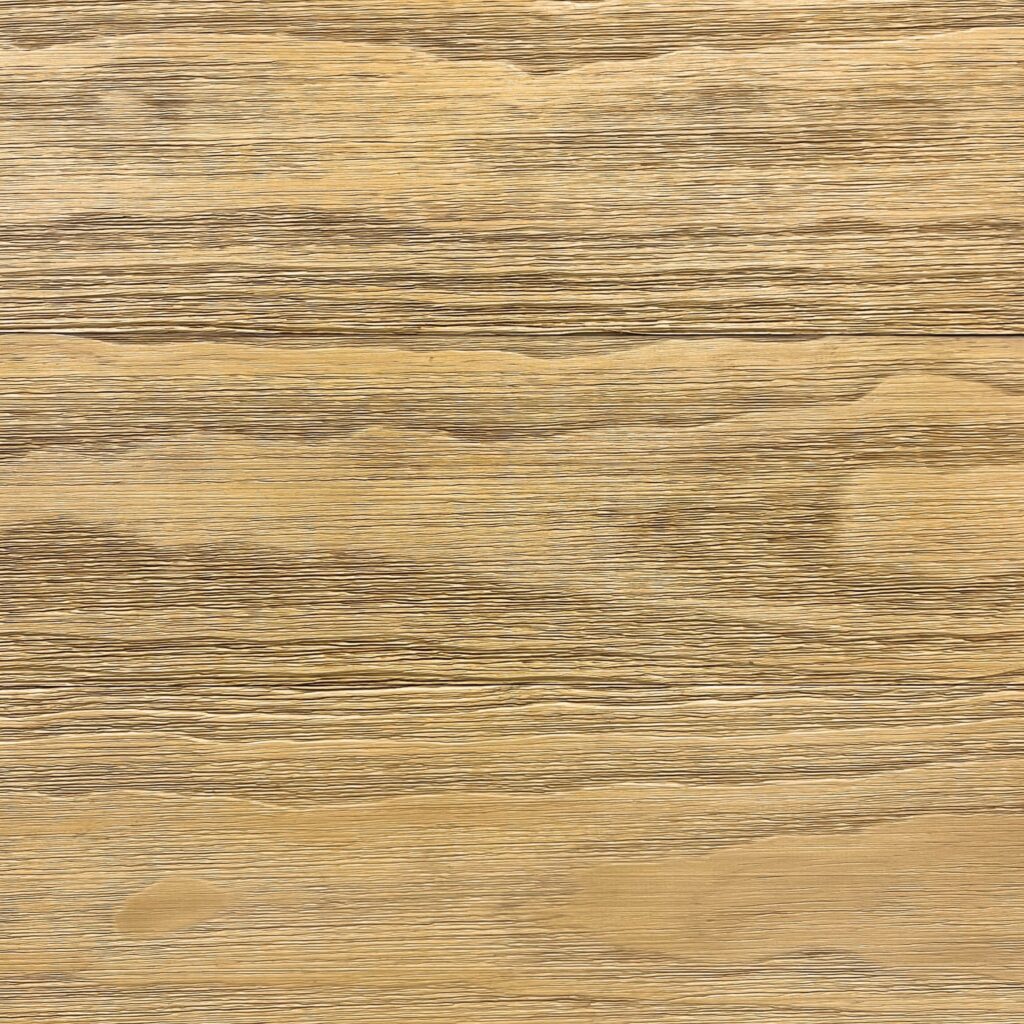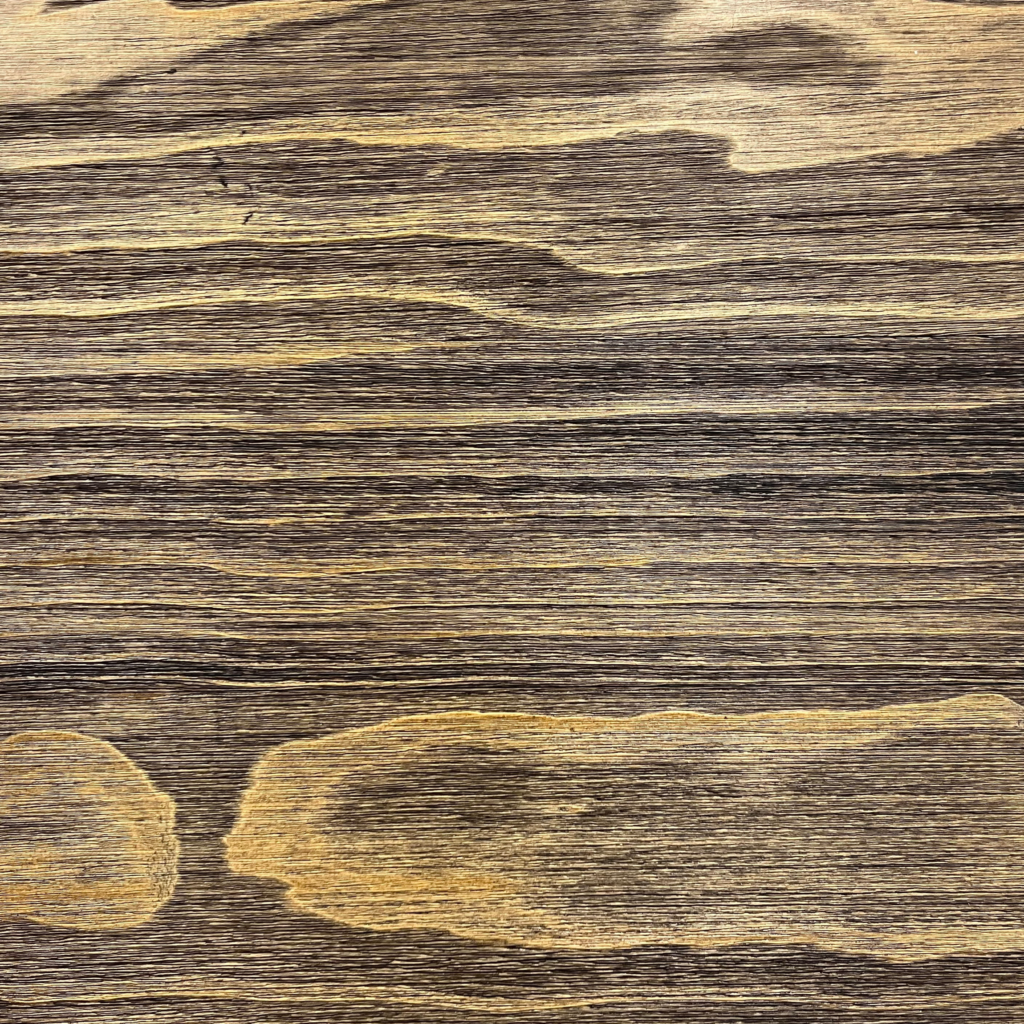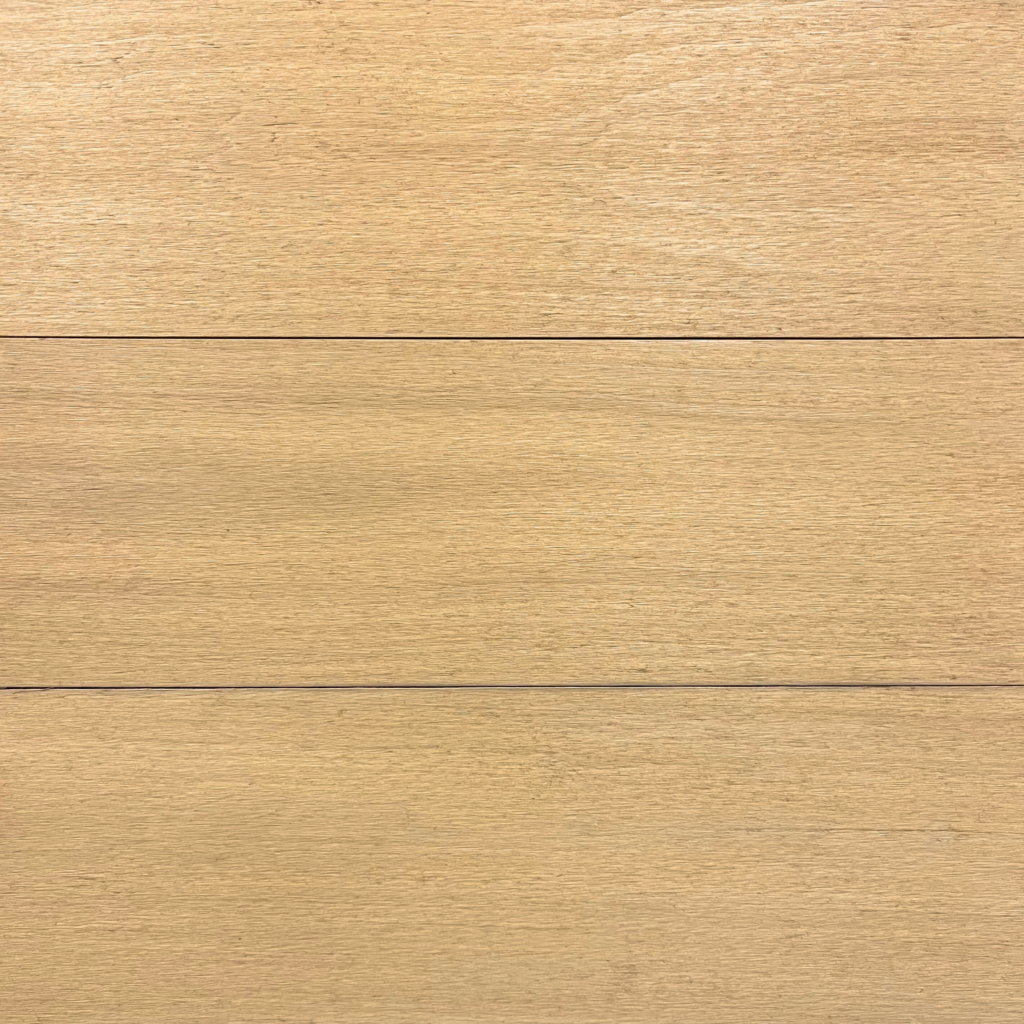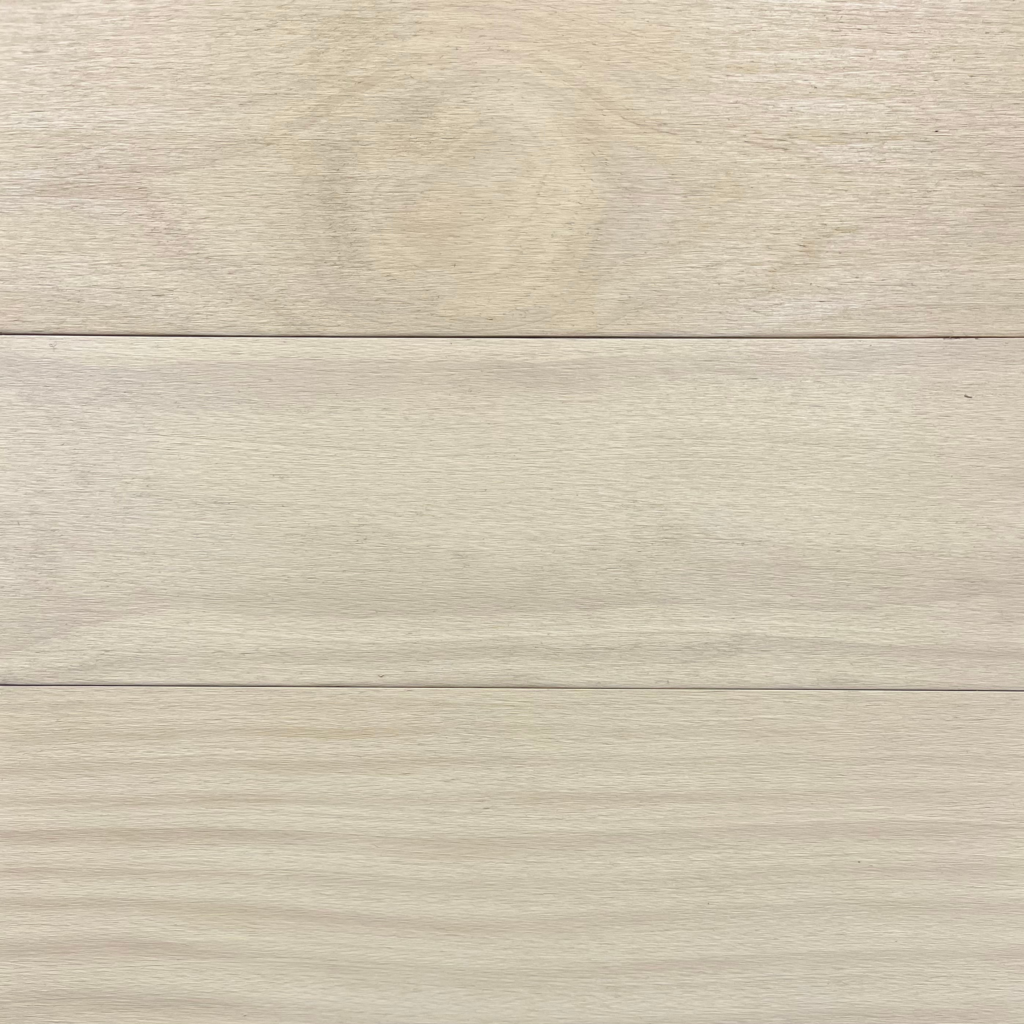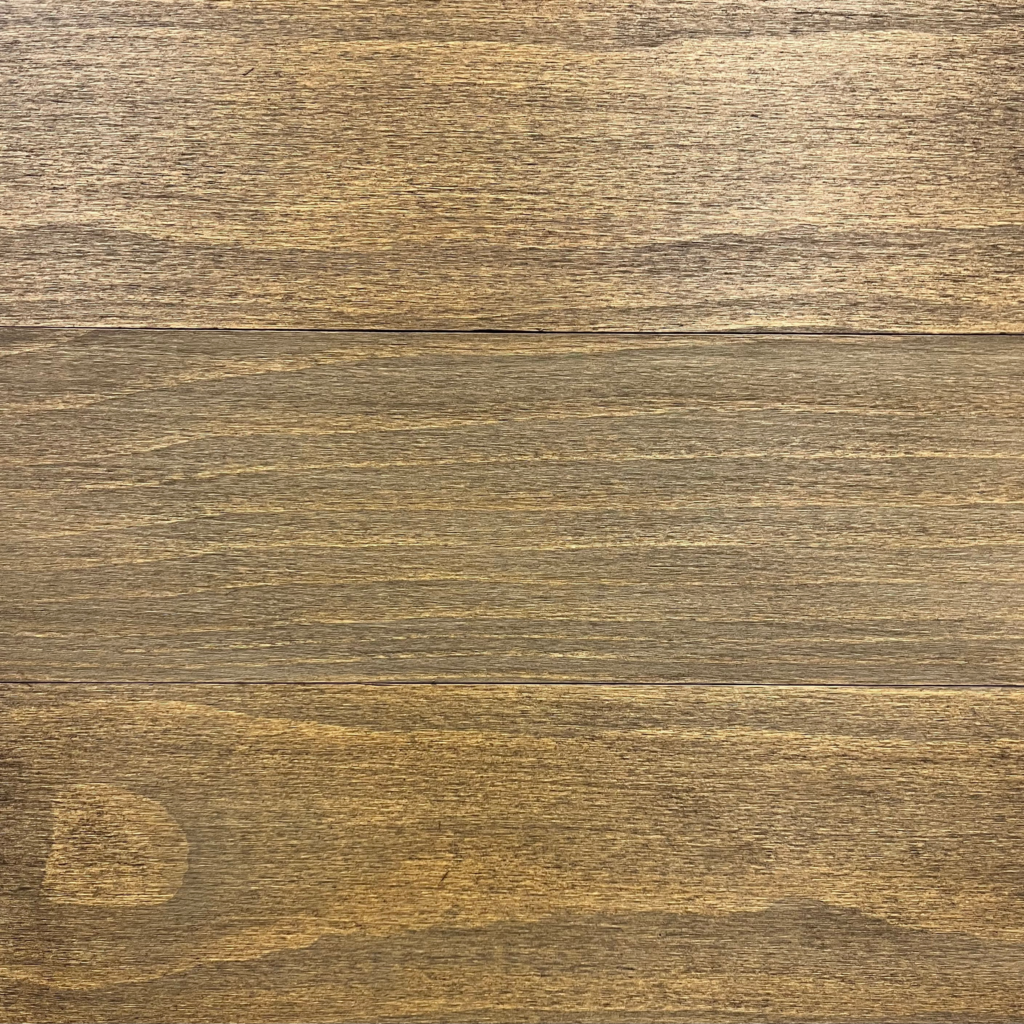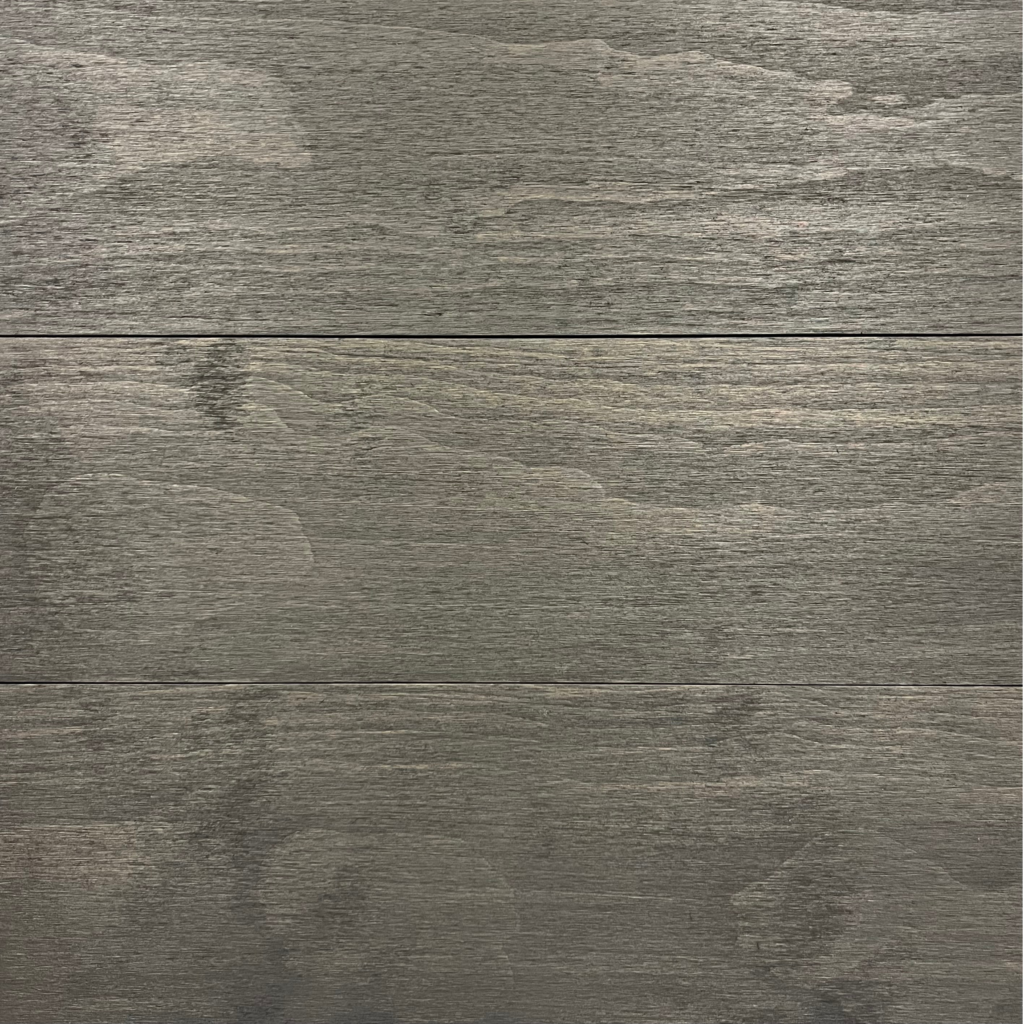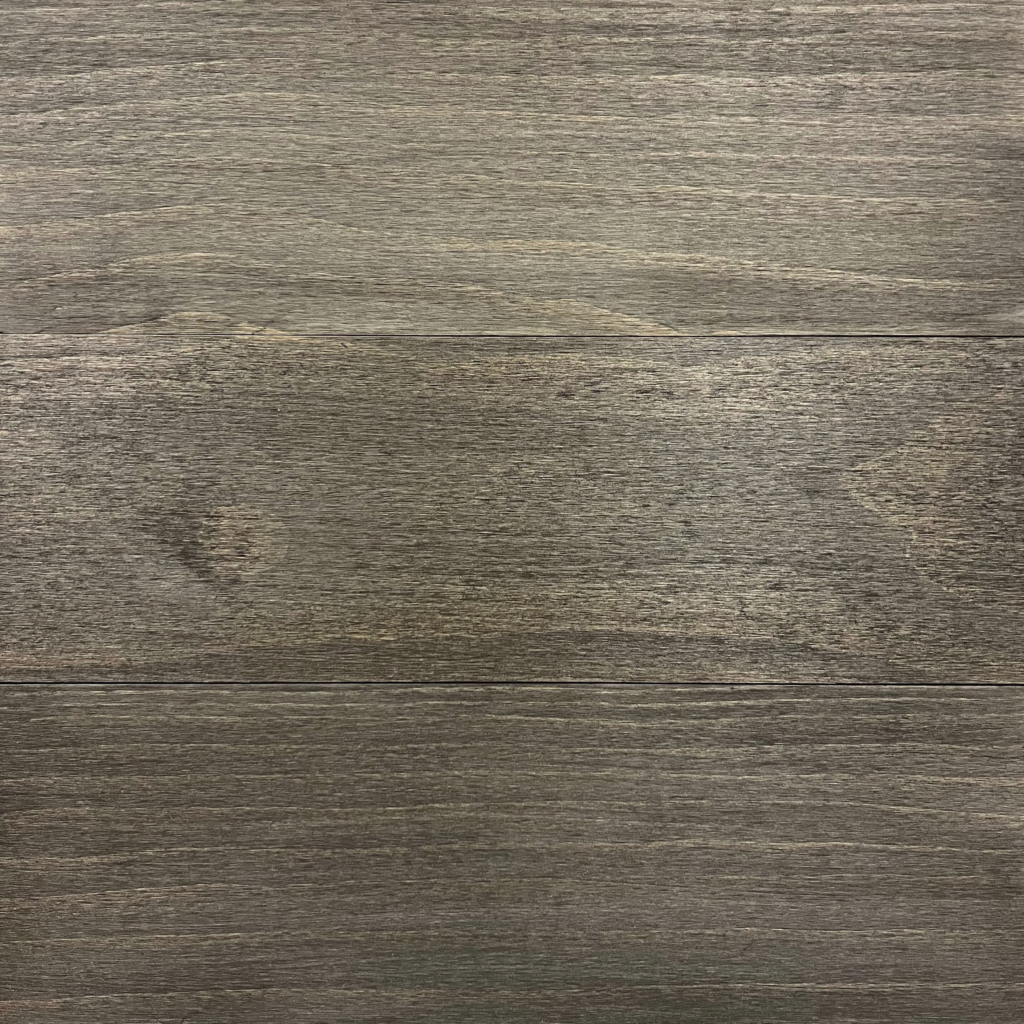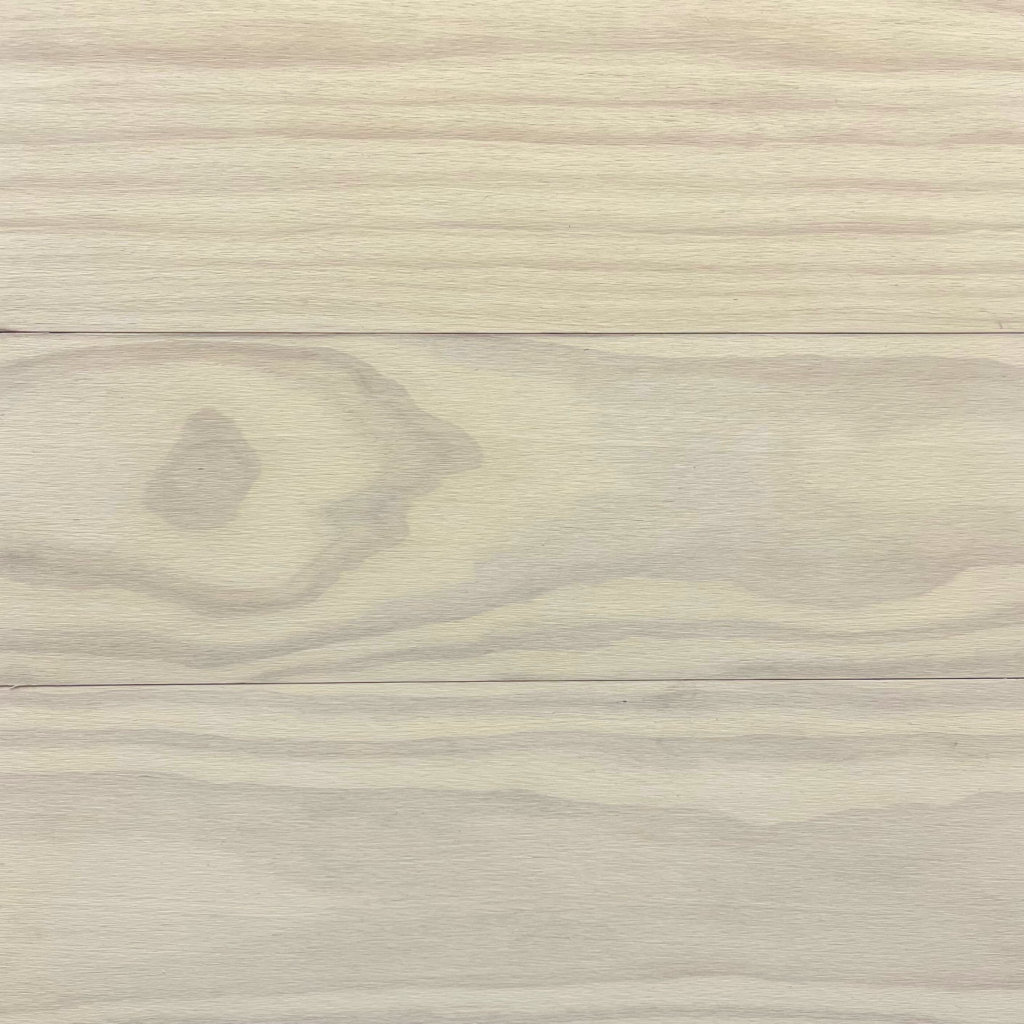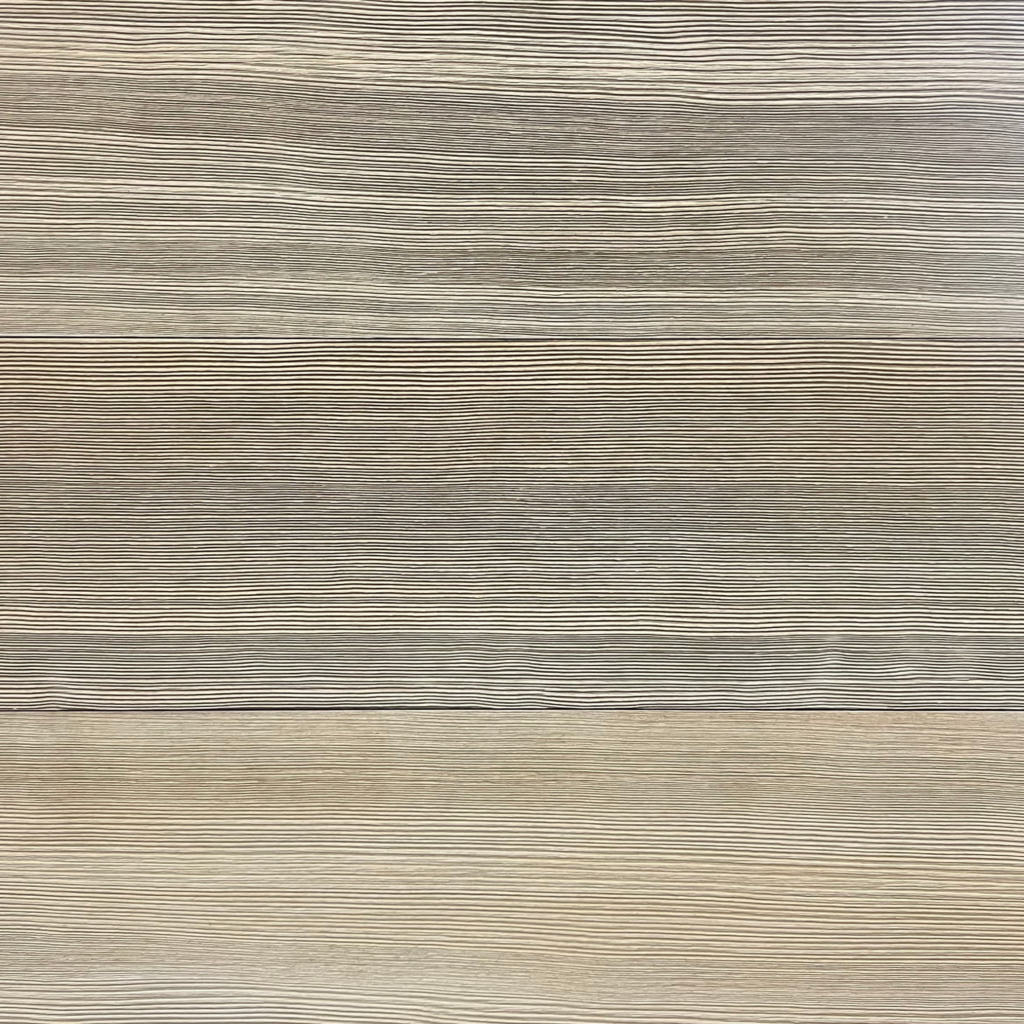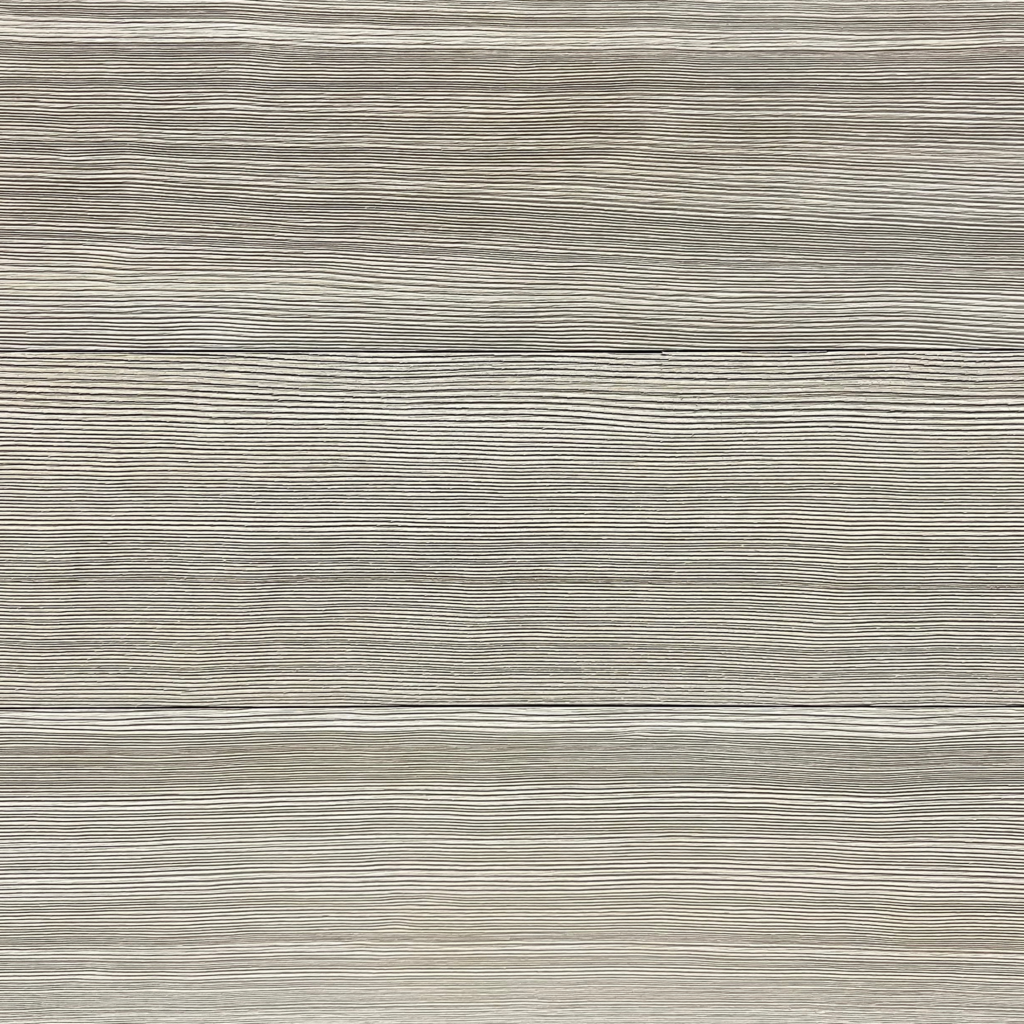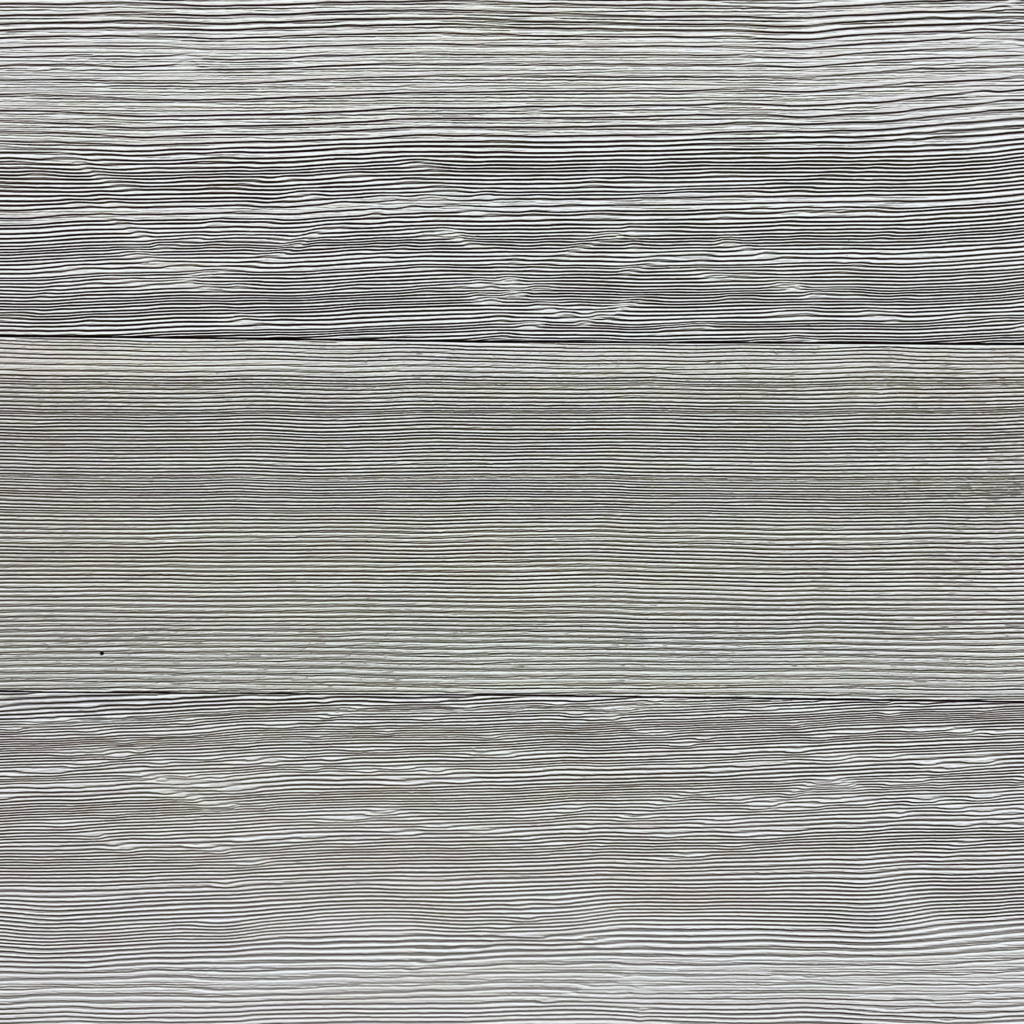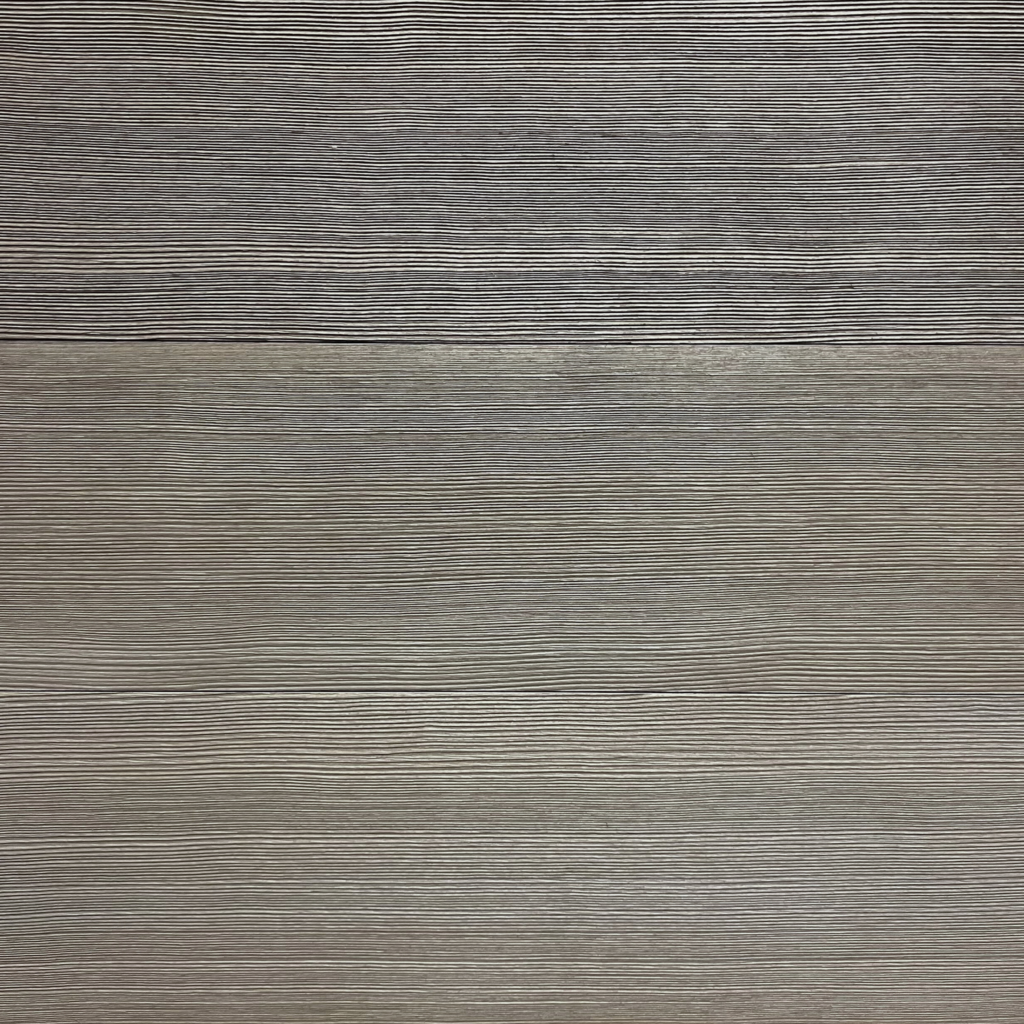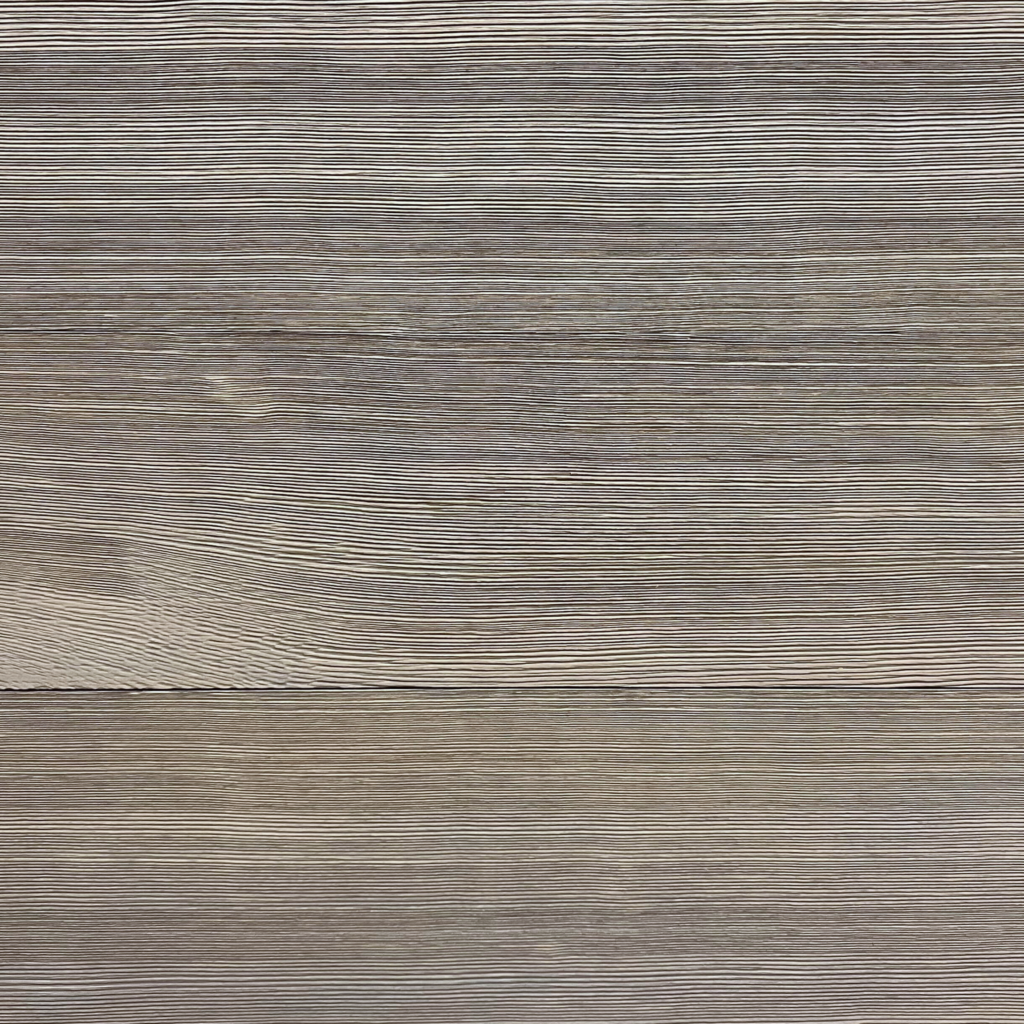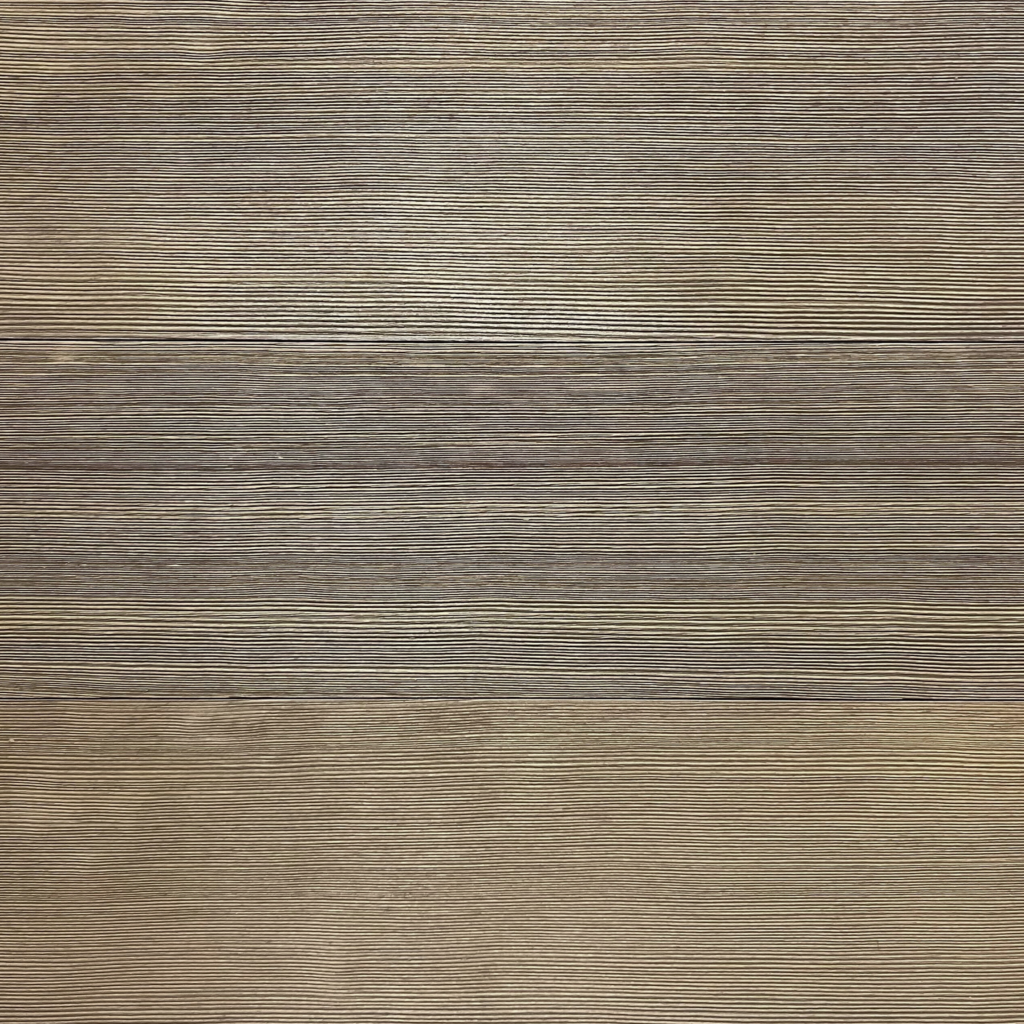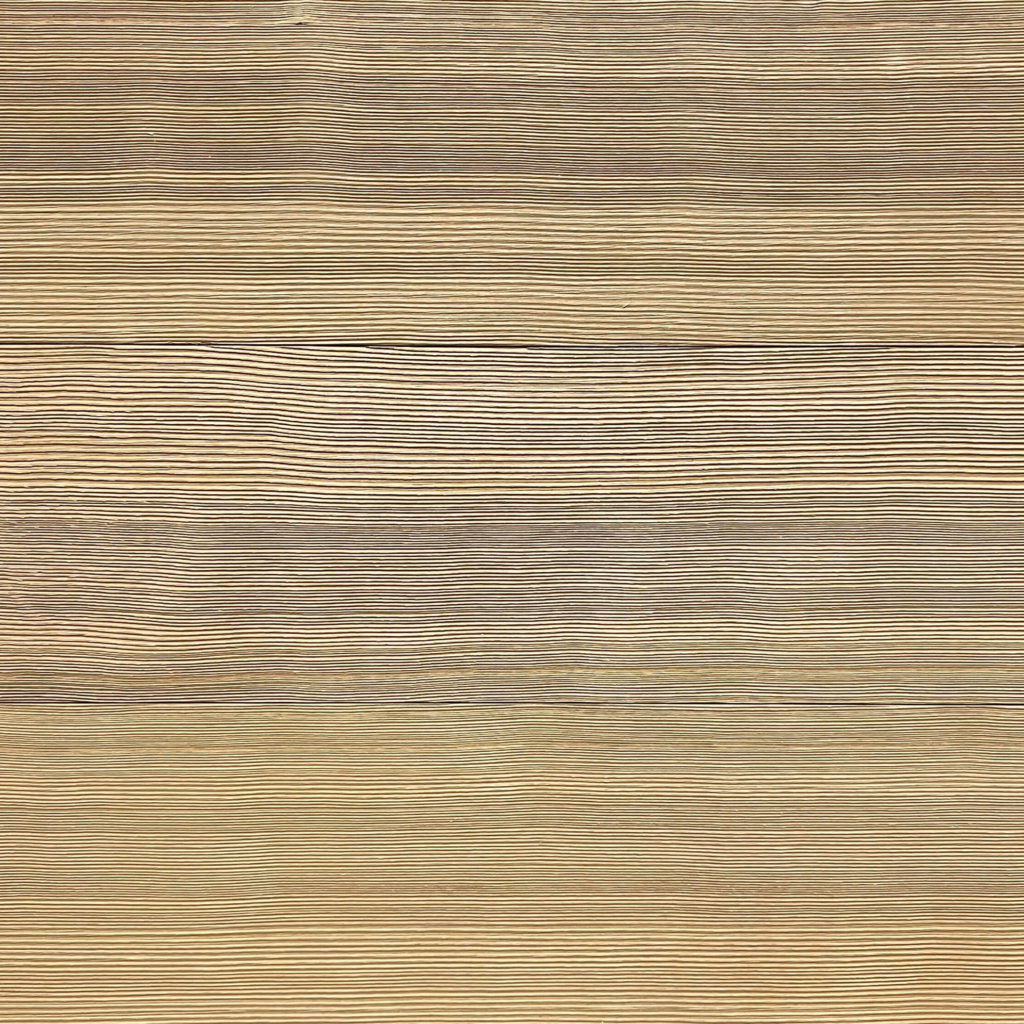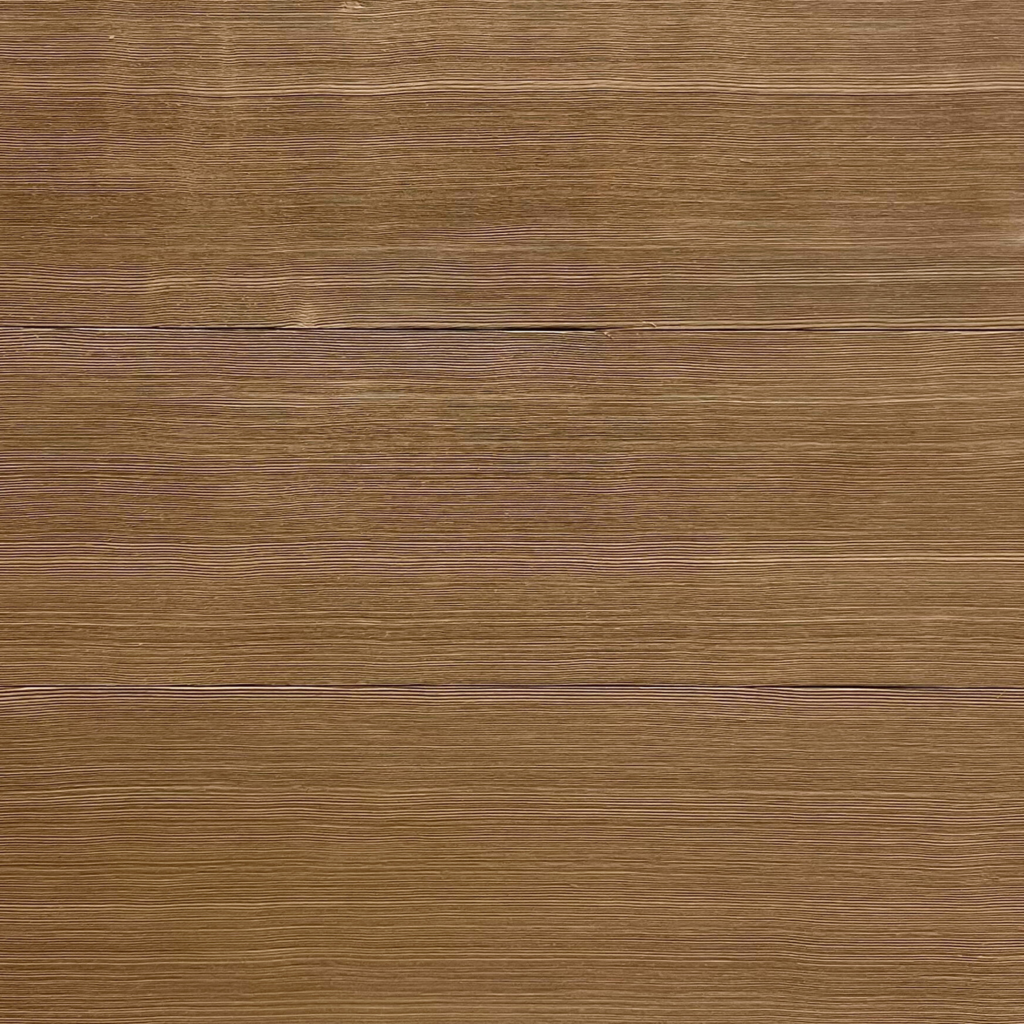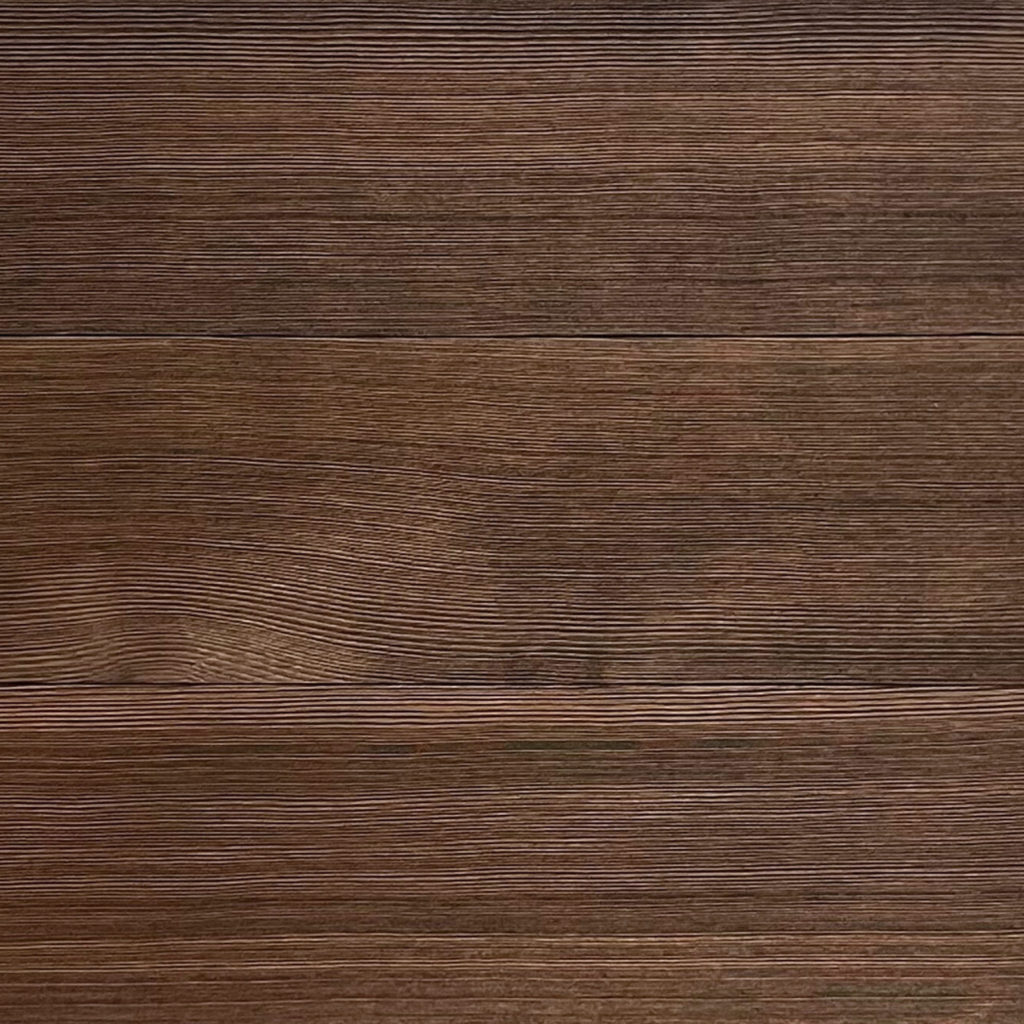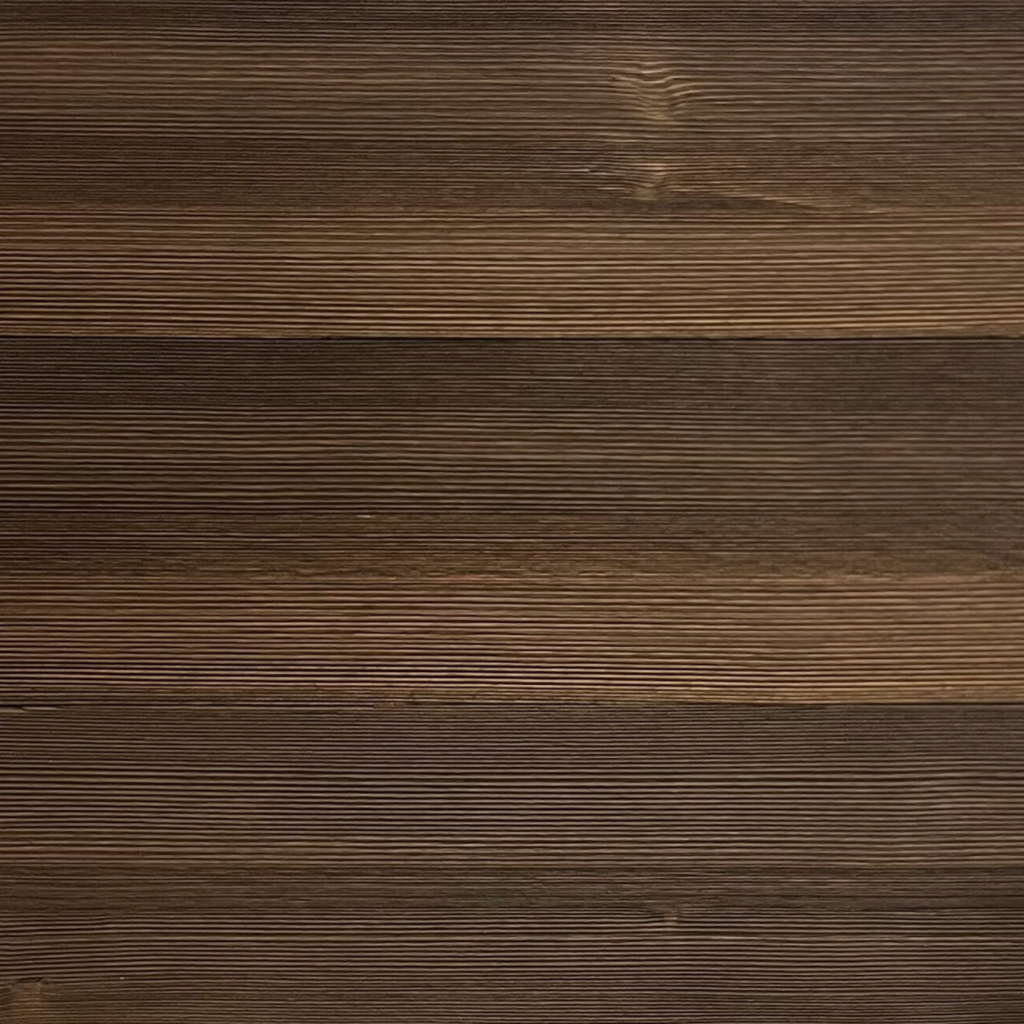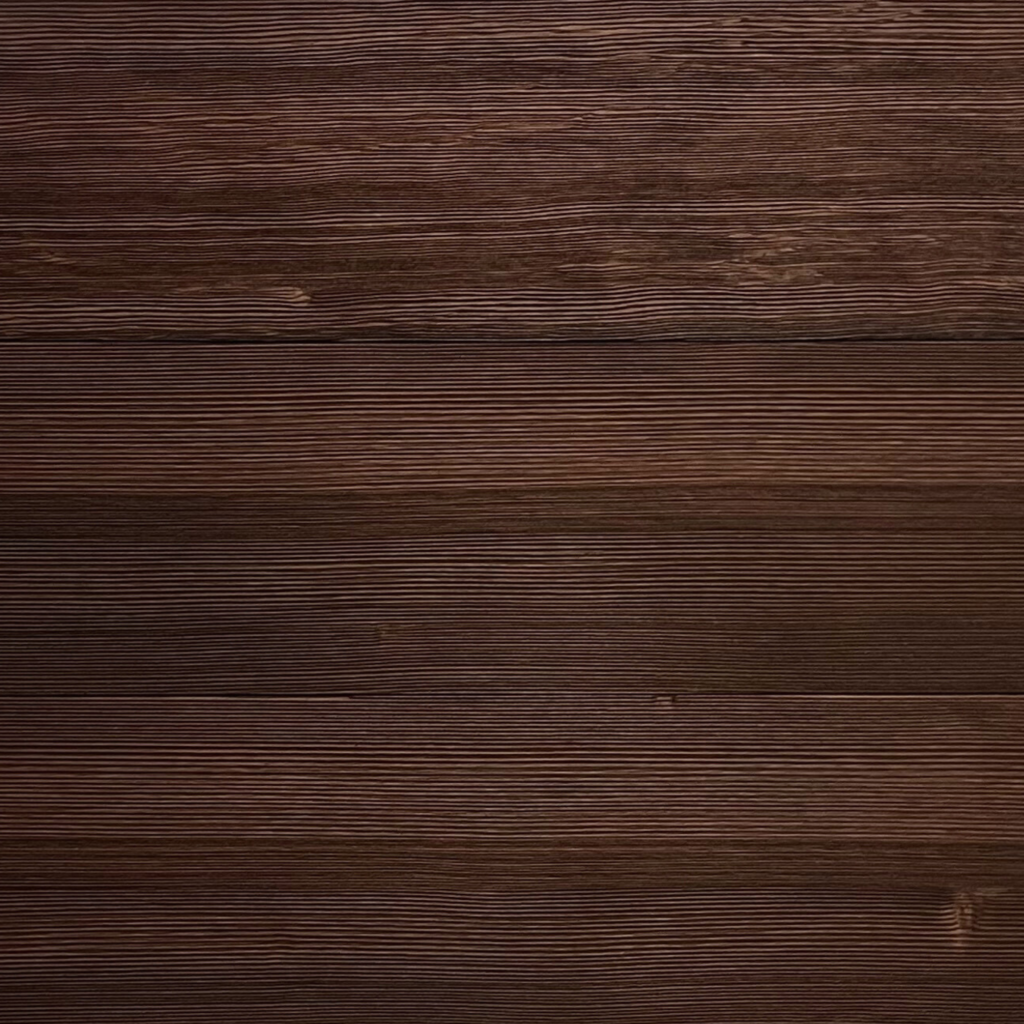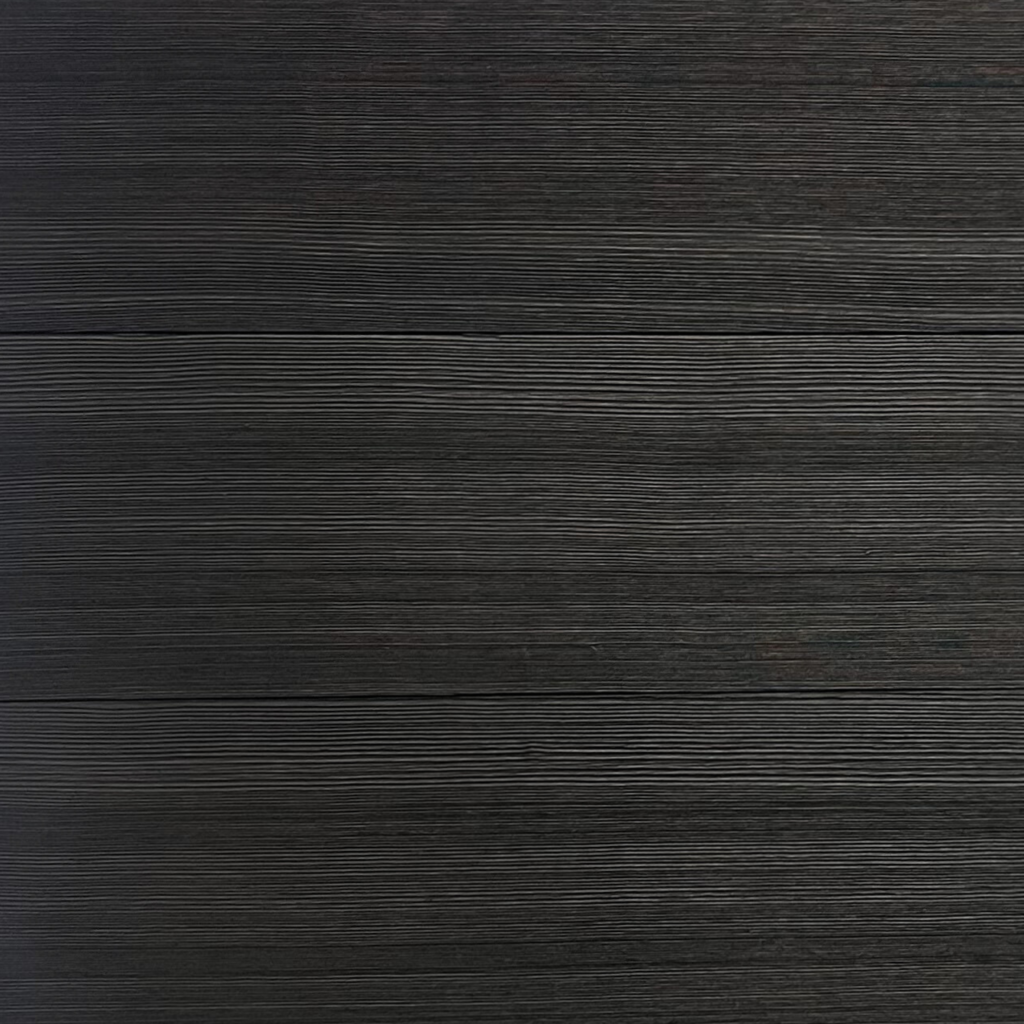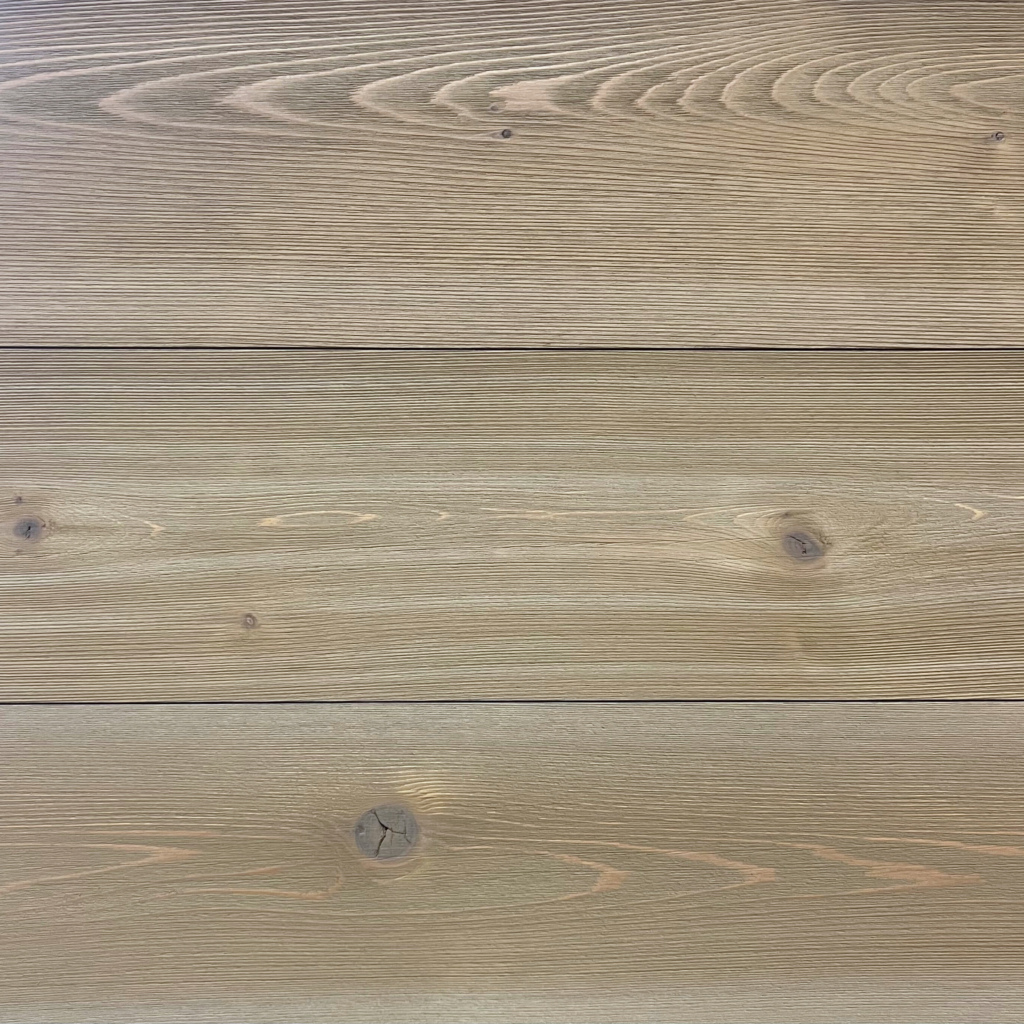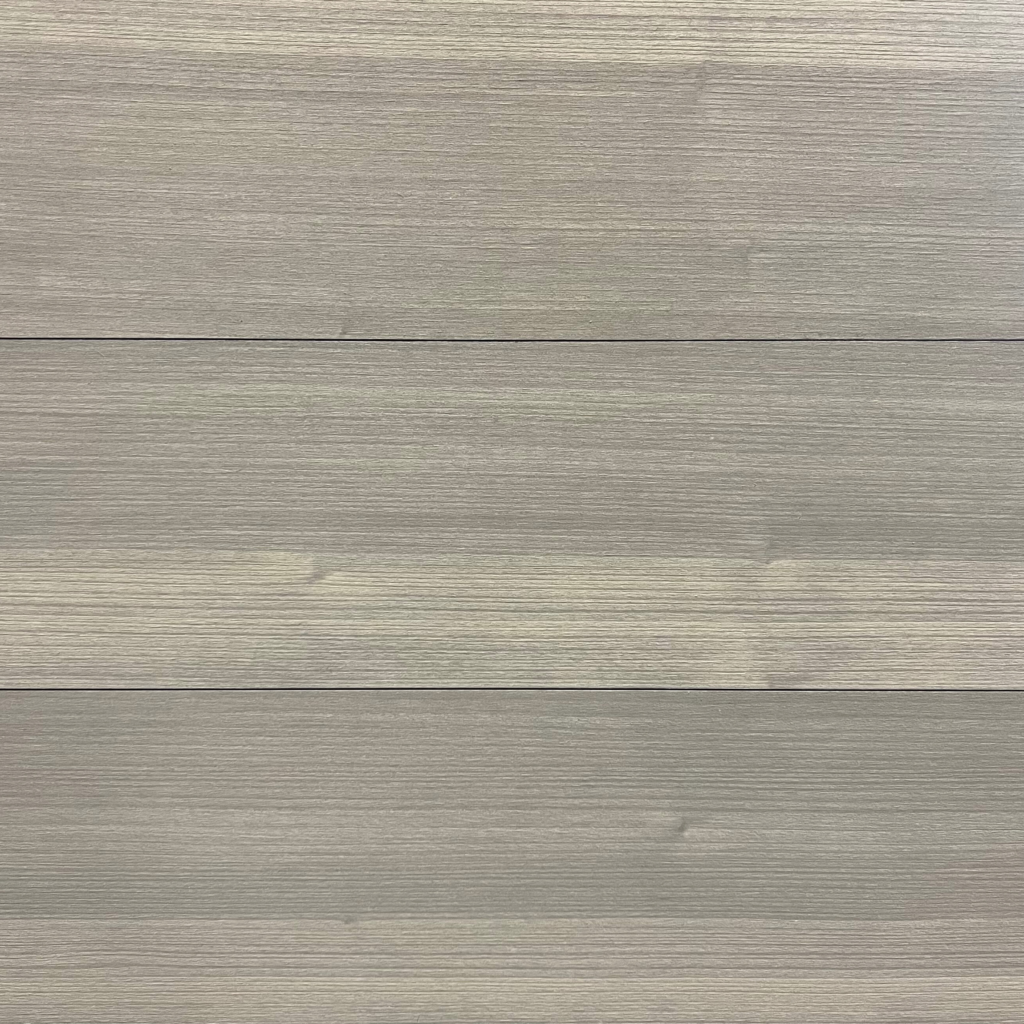ACCOYA
Accoya has become the timber industry benchmark when it comes to performance and sustainability. No other timber offers the same combination of durability, stability and versatility. Sustainably sourced, and with a low total lifetime carbon cost, Accoya actively contributes to a circular, bio-based economy and is one of the few truly sustainable building materials.
THERMALLY MODIFIED
Thermally modified wood has been treated using a heat-based process to improve its durability and stability. This treatment involves heating the wood to temperatures typically between 160 to 230 degrees Celsius, in an environment with reduced oxygen, to avoid combustion. The high heat alters the chemical structure of the wood, reducing its susceptibility to moisture and making it more resistant to rot, decay, and fungal attack.
WESTERN RED CEDAR
Western red cedar is a popular choice for siding due to its natural beauty, durability, and resistance to decay and insects. Its rich color palette ranges from light amber to deep honey brown, which gracefully weathers to a silvery gray if left untreated. This wood has excellent dimensional stability, meaning it resists swelling, shrinking, and warping under weather changes. Western red cedar also has natural insulating properties, making it a good option for energy efficiency. This combination of aesthetic appeal and performance makes Western red cedar a favored material for residential and commercial siding.
CYPRESS
Cypress siding is valued for its durability, natural beauty, and resistance to moisture, insects, and decay, making it a strong choice for exterior cladding. The wood features a distinctive grain pattern and a pale yellow to light brown color, which can develop a gray patina if left untreated. Cypress contains natural oils that enhance its weather resistance, reducing the need for additional chemical treatments. This makes it an environmentally friendly option. It offers good dimensional stability, resisting warping, shrinking, and swelling.


